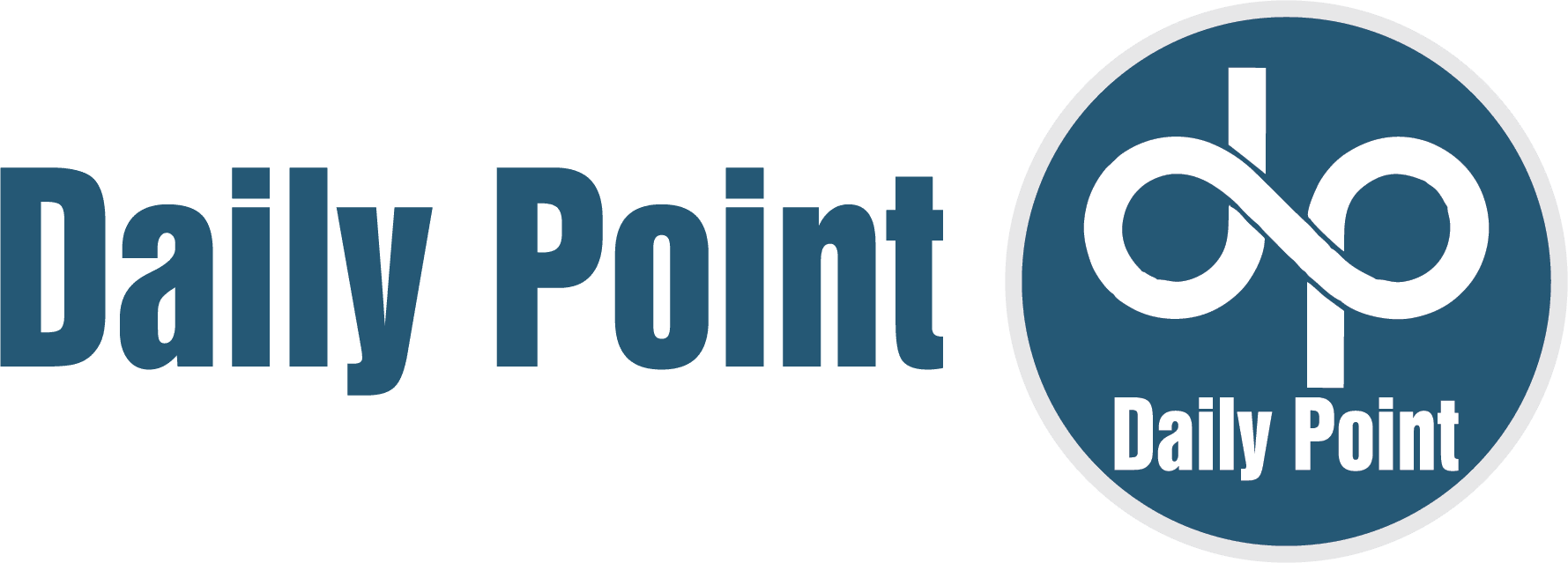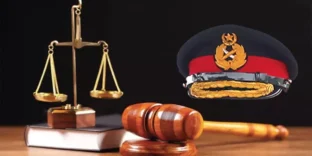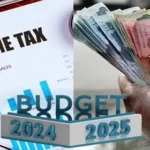The recent wave of internet censorship in Pakistan, particularly the prolonged restrictions on the social media platform X, raises serious concerns about the state of democracy and freedom of expression in the country. The timing of these restrictions, coming in the aftermath of contested national elections and amid allegations of electoral misconduct, reflects a worrying trend of suppressing dissenting voices and controlling the flow of information.
The reported 72-hour blockade of X by the Pakistan Telecommunication Authority (PTA) is not only the longest in the country’s history but also a blatant violation of fundamental rights. The platform, previously known as Twitter, has been a vital space for journalists, activists, and politicians to voice their opinions and engage with the public. The denial of access to such a crucial communication channel undermines the democratic principles Pakistan claims to uphold.
While the PTA has not officially explained the reasons behind the internet outage, the alleged connection to electoral misconduct admission by a senior official raises suspicions of government interference. The blackout not only stifles the voices of those protesting against alleged vote rigging but also hampers the public’s right to access information and express their opinions freely.
Civil society groups have rightfully condemned this censorship as an infringement on fundamental rights. The impact is not limited to the virtual realm; it extends to the economy, particularly the information technology sector, which heavily relies on platforms like X for communication and collaboration. The estimated loss of $53 million per day during internet shutdowns underscores the economic repercussions of such actions.
Moreover, the X blackout is not an isolated incident. Over the past months, various social media platforms, including Facebook, Instagram, TikTok, YouTube, and Google services, have faced intermittent blocks, purportedly justified by reasons such as national security and moral standards. However, the consistent pattern of censorship raises suspicions that these measures aim to quell dissent and control the narrative.
The ability to freely express opinions and access information is a cornerstone of any democratic society. The restrictions imposed on X and other platforms not only impede these rights but also undermine the credibility of the democratic process. As the nation grapples with allegations of election rigging, transparency and open discourse become even more critical.
The government’s refusal to acknowledge these restrictions, coupled with the lack of transparency from the PTA, only deepens the concerns surrounding these actions. It is imperative for Pakistan to uphold democratic values, ensure the protection of fundamental rights, and foster an environment where diverse voices can contribute to a vibrant and informed public discourse. The international community must also scrutinize these developments and hold Pakistan accountable for its commitment to democratic principles and freedom of expression.





























